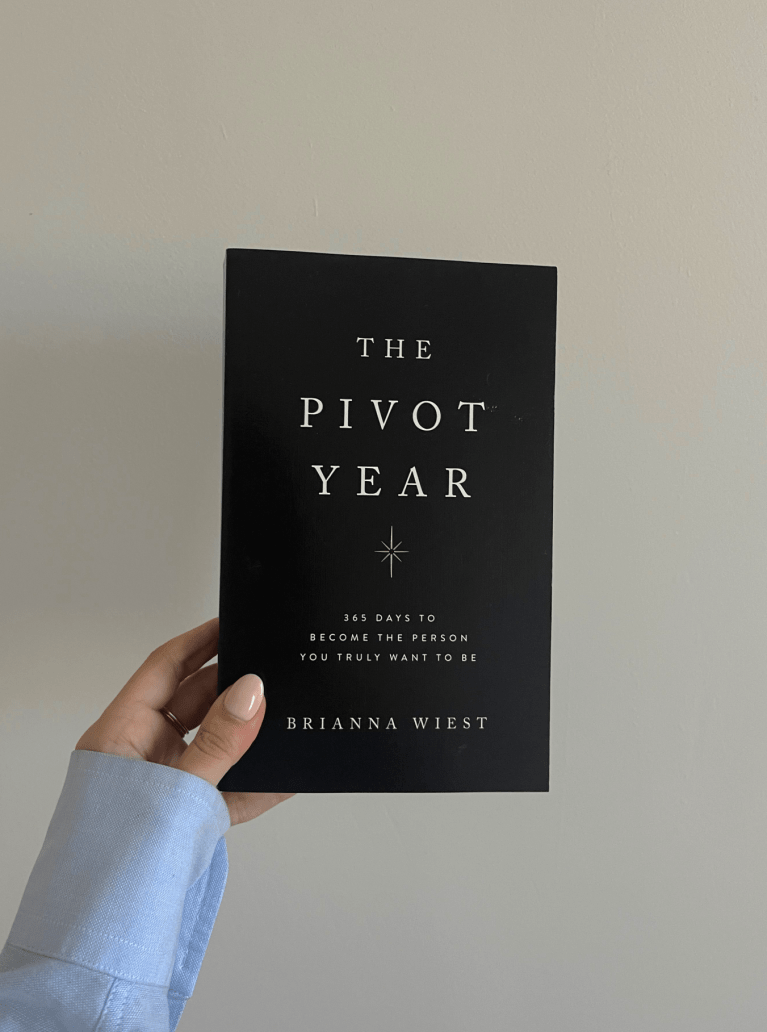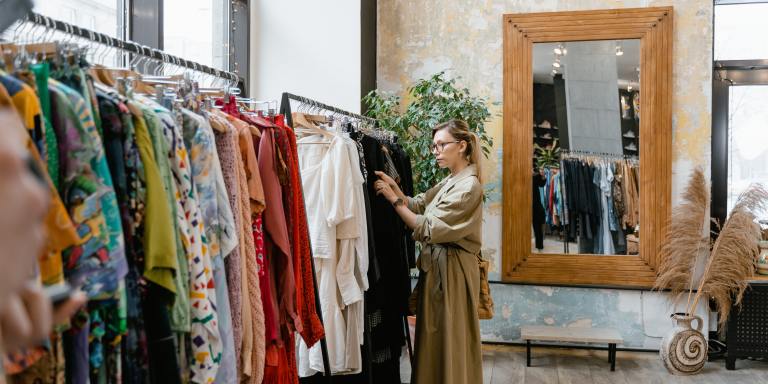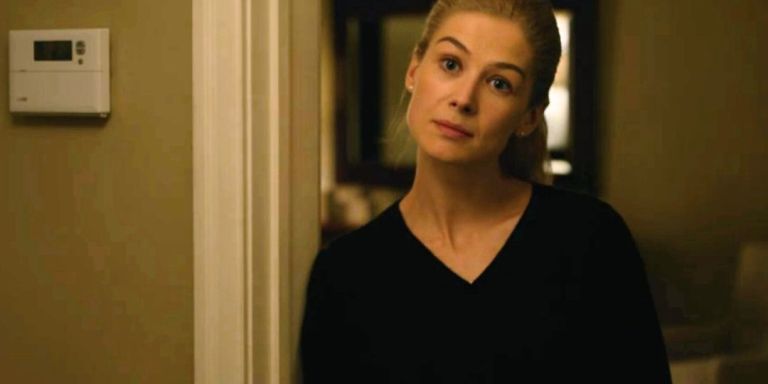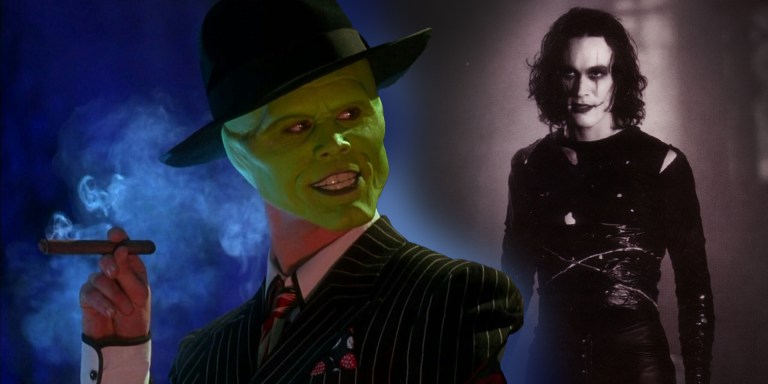
We don’t know ourselves.
Our lives are performance art for the people we think we have to appease and impress. Our minds are so entrenched in what we think other people think we can’t work through our madness and passions and packed up sorrows. We can’t give air to our fears and desires if they’re not a scene of the show, so we don’t. How can we ever know what we really want, what really feels right, when we’re too afraid to know ourselves at all?
So we don’t understand other people.
What we perceive in others is a reflection (and oftentimes, projection) of what we understand of ourselves: the good, the bad, the cold, dead ugly. The people who squawk loudest about what others need to change are the ones most pent up about what they cannot change themselves. We don’t understand this dynamic. We think what we perceive is different from what we are, and so we condemn and judge and become selfish. If we don’t understand the hardware, we can’t operate the machine.
We aren’t used to being happy.
We say we want to be happy, but what we really want is what we’re used to, and because we’re so used to love being mixed with other stuff… control, humiliation, loss, pain, suffering… we seek that, and create it all over again. We reject the people who are best for us with insidious, silent energy that drives us toward the people who will cozily reject us. We seek what we know. Humans desire comfort above all else.
Instinct is overvalued, in all the wrong ways.
We base marriages on how we “feel” when a lot of that “feeling” is just… hormonal. Temporary. We have no comprehension of the difference between growing a real love for someone’s essential nature and being compelled by their physicality and how perfectly the pieces of the character they project out to others fit with our own. We can’t differentiate soul love and ego attraction, and we expect the latter to bring us the former.
We were never taught.
We don’t know love languages, not the ones we speak or the ones others understand. We don’t know why marriages fail, or how successful ones grow and evolve. We aren’t taught in any formal way how to choose and cultivate healthy, thriving relationships, when said relationships – romantic and not – will not only take up a significant portion of our lives, but will be what we look back on and value most about our time here. How is it, then, that we aren’t learning the basics, the essentials, of what people consider the most meaningful aspect of existence: interaction and connection with others?
We try to craft and hold images of happiness.
We seek marriage because, on some level, we think we’ll no longer have to think about love. We try to align a lot of very nice-looking pieces and don’t understand when they don’t make for a sincerely fulfilling life. Our performance art is no more palpable than in our relationships. We want one moment, one fact, one statement, one thing in our lives to be the epicenter, the foundation for the rationale that we are good, whole, healthy, happy people, and so we don’t allow room for things to ebb, flow… or grow. A bad day becomes a bad life. An unappealing aspect of a partner becomes a deal breaker.
So we marry the wrong people. And we leave the right ones. We wait for someone else to align what only we are in control of, and lash out when they cannot. We try to attach to an idea of love rather than connect with a human being. We try to make a single good feeling – or idea of ourselves – permanent, and in the interim of that effort to craft image out of something pure… we suffer. ![]()






